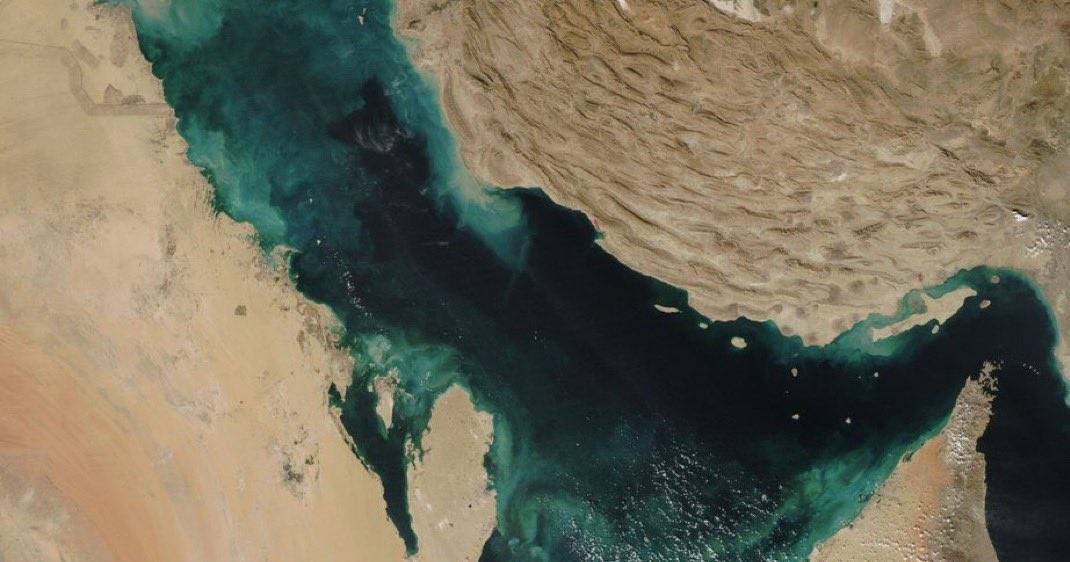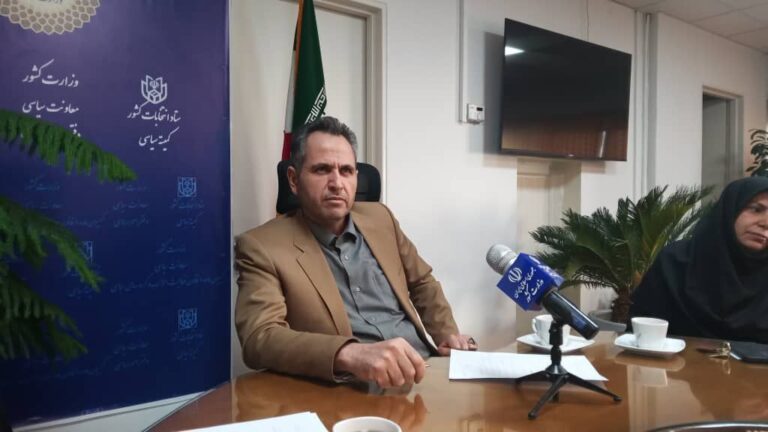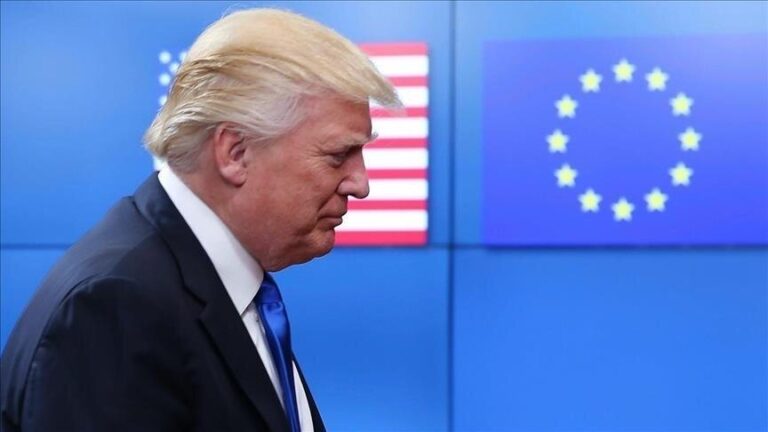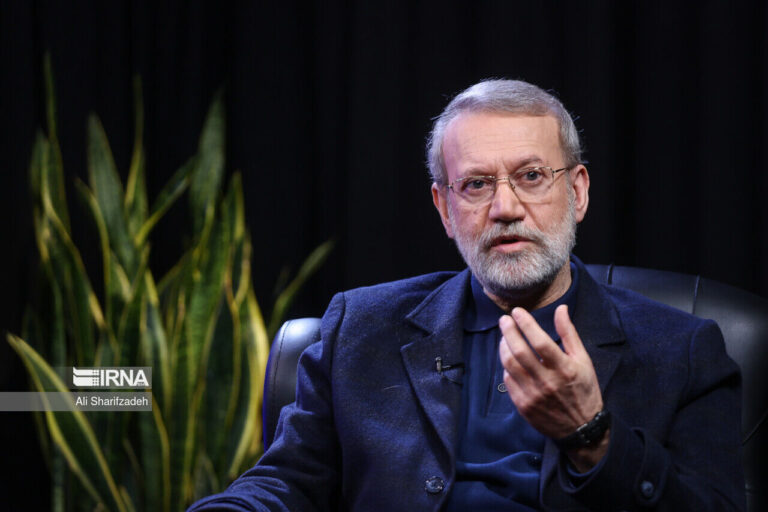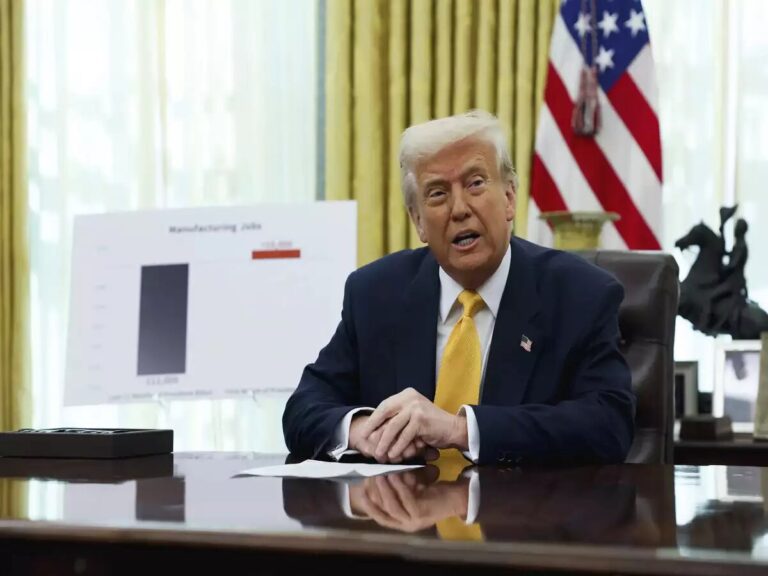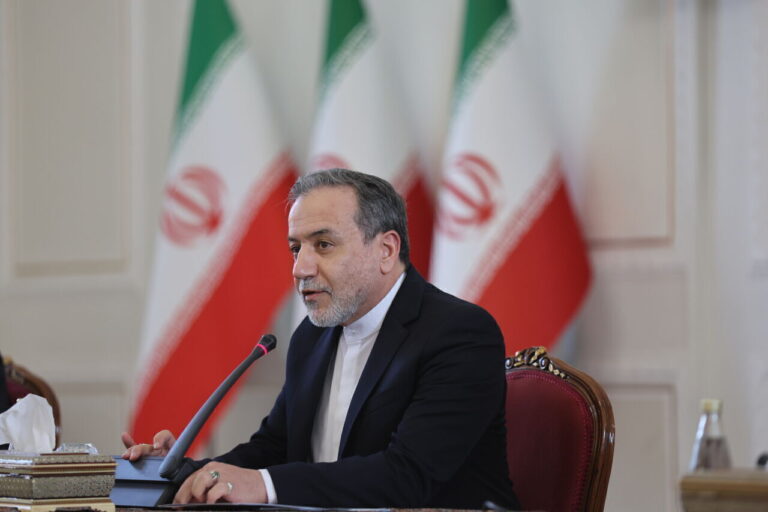Iranians Unite in Outrage Over Trump’s Possible Rebranding of the Persian Gulf
The potential renaming of the Persian Gulf to the Arabian Gulf by US President Donald Trump has ignited significant outrage among various factions within Iran, highlighting the deep-rooted emotions tied to national identity and regional politics. This controversy has drawn reactions from both supporters and opponents of the Islamic Republic, uniting them in their discontent. The discussions surrounding this naming issue hold implications not just for diplomatic relations but also for the collective psyche of the Iranian people.
During a recent statement, Trump indicated that he had not yet made a final decision regarding the name change, promising to disclose his position during an upcoming visit to the Middle East. “I don’t want to hurt anybody’s feelings,” he remarked, yet his comments have already triggered a wave of backlash.
Reports from the Associated Press regarding the potential official adoption of the term “Arabian Gulf” in US documentation have been met with severe criticism from Iranian officials. This sentiment has resonated widely across social media platforms, reflecting a collective concern for historical and national identity. Here are key reactions from various groups:
- Common Cause Among Iranians: The Persian Gulf is regarded as a symbol of unity among Iranians. Former reformist vice president, Mohammad-Ali Abtahi, emphasized its importance in a post on X, warning that renaming it could adversely affect nuclear negotiations with the US.
- Impact on Diplomatic Relations: Veteran opposition figure Mohsen Sazegara suggested that such a move could bolster hardliners in Iran, as it would provide Supreme Leader Ali Khamenei with a potent tool to rally nationalistic sentiments against the US.
- Exiled Perspectives: Reza Pahlavi, the exiled crown prince, condemned the rumored decision as an affront to Iran’s history and civilization, attributing the blame to Khamenei’s regime for weakening Iran’s position on the international stage.
- Opposition Statements: The exiled opposition group Mujahedin-e Khalq warned that changing the name would only serve to benefit Khamenei, allowing him to distract from domestic issues and redirect public ire toward foreign adversaries.
Some analysts view the uproar over the naming controversy as a calculated psychological tactic by Trump aimed at destabilizing Iran’s negotiating stance. Shahram Kholdi, an analyst based in Canada, remarked on Trump’s close ties with Arab nations, suggesting that this maneuver could be strategic in nature. “Trump uses every tactic to psychologically confuse the other side and gain points,” he stated.
In response to the potential name change, hardliners within Iran, who had previously softened their stance on negotiations with the US following Khamenei’s implicit endorsement, are now calling for a complete withdrawal from talks. Journalist Naser Mesdaghi urged President Masoud Pezeshkian to abandon negotiations if the US were to deviate from established historical nomenclature, asserting that “All Iranians support this decision and will endure the hardship of sanctions and war for the sake of Iran’s integrity.”
Furthermore, Tehran-based commentator Ali Nasri has framed the controversy as part of a larger disinformation campaign, stating that it represents a new phase of psychological warfare. “This ridiculous rumor is the next stage of psychological warfare,” he posted on X, criticizing external forces that are allegedly attempting to manipulate public sentiment against the negotiations.
The potential renaming of the Persian Gulf has thus become a flashpoint in Iran’s political landscape, intertwining national pride with the complex dynamics of international diplomacy. As reactions continue to unfold, the implications of Trump’s decision—whether real or perceived—will likely resonate deeply within Iranian society.
In conclusion, the controversy surrounding the Persian Gulf’s name is more than just a matter of terminology; it reflects the intertwined nature of national identity, historical context, and political strategy. As various factions within Iran react to the possibility of a name change, it becomes clear that this issue could have lasting repercussions on both domestic sentiment and international relations.
